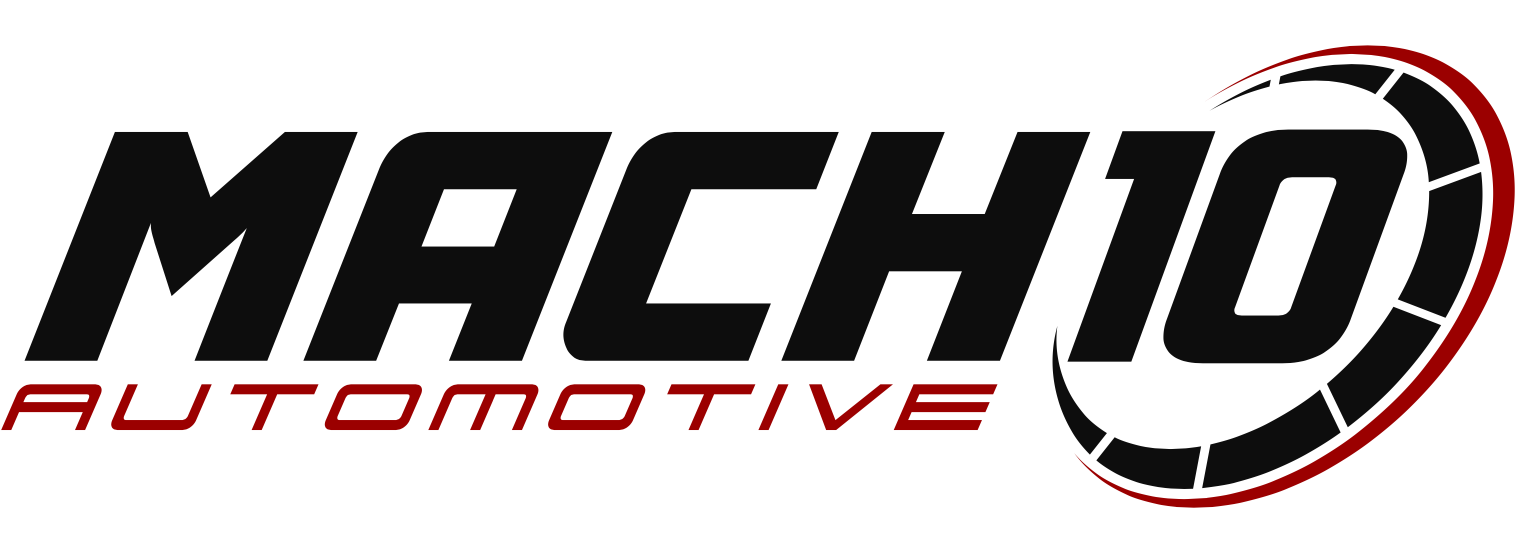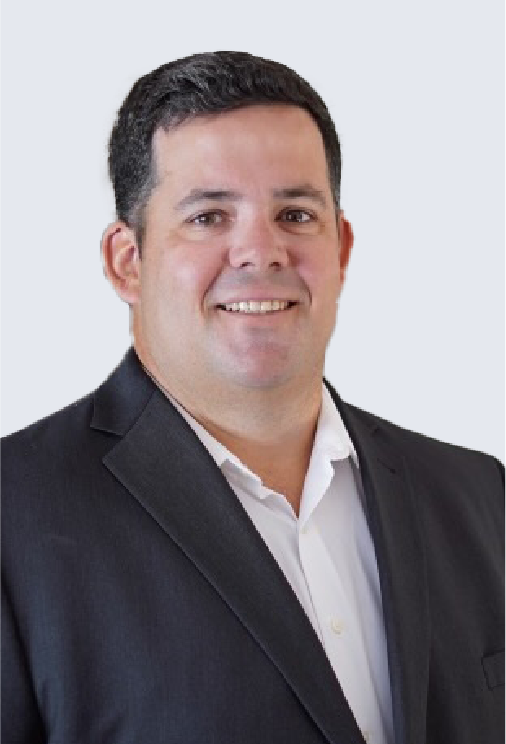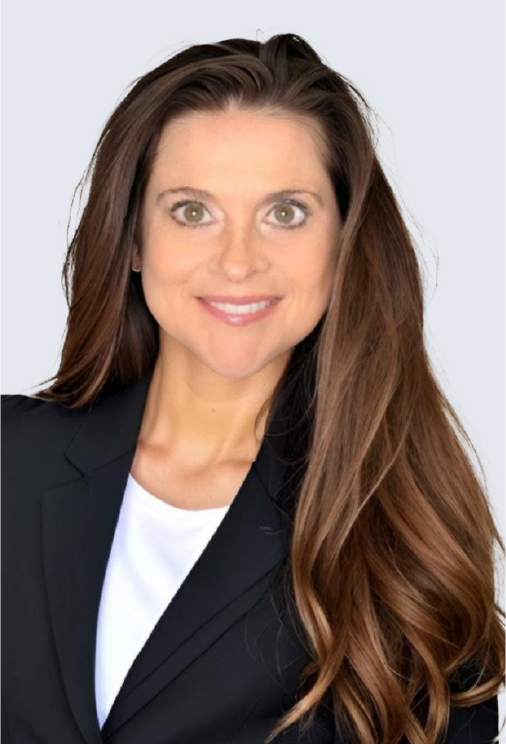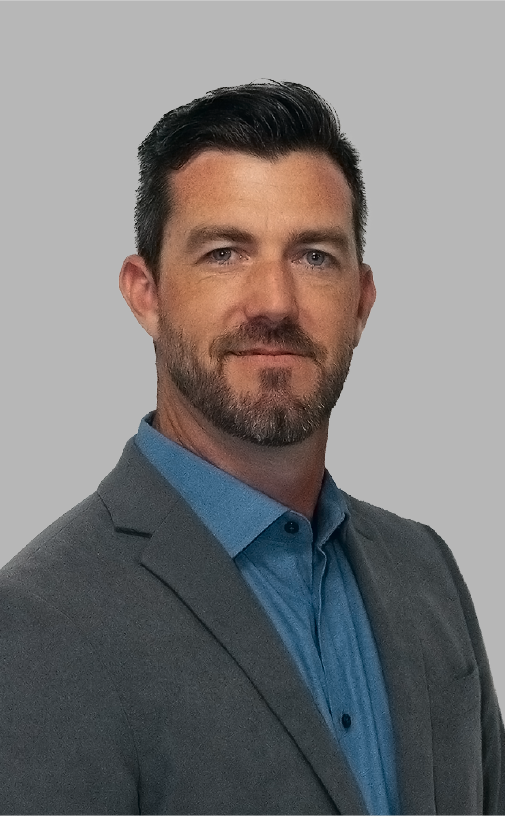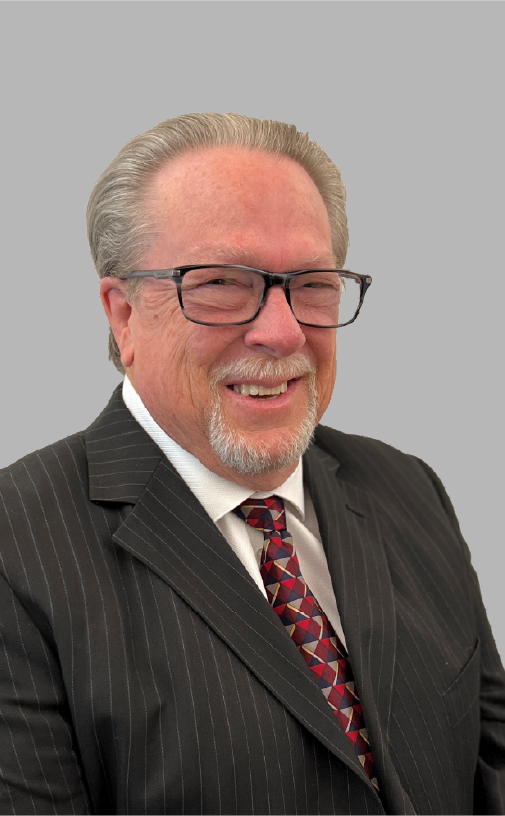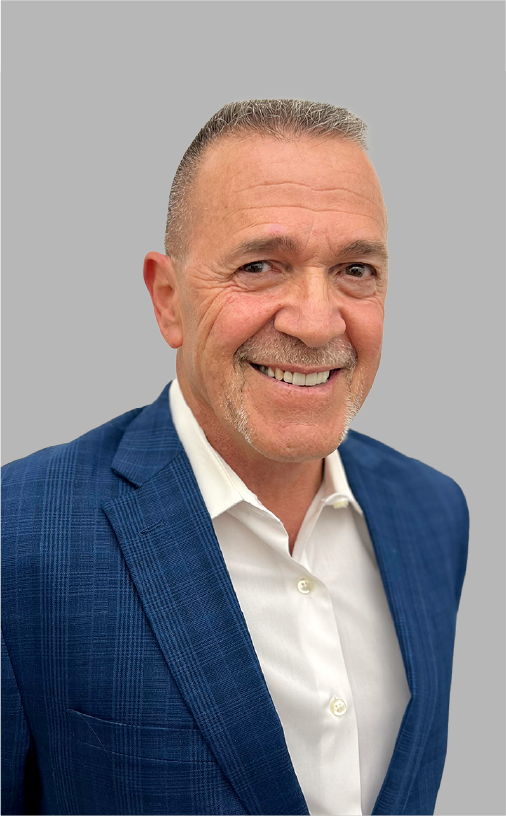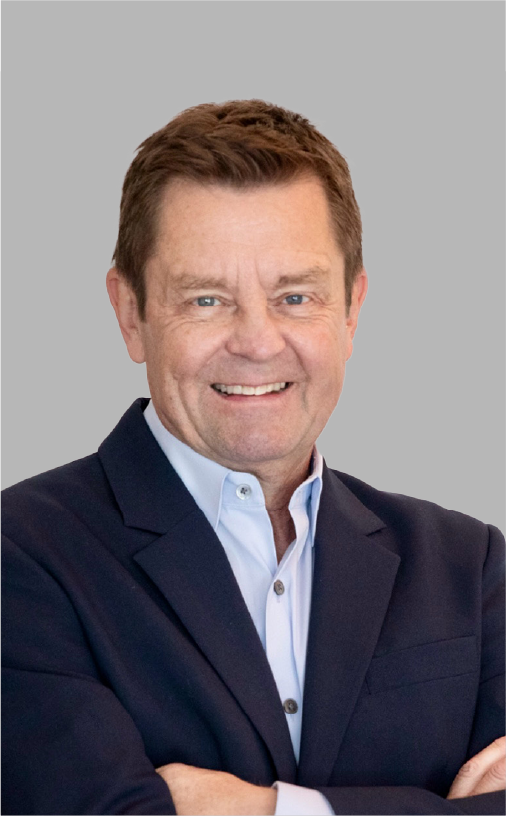The Current State of Automotive Dealership Sales: Focusing on Performance Optimization

The automotive dealership landscape has seen significant changes in recent years, particularly in the wake of fluctuating profitability and high interests. Following several years where dealers could sell their businesses at a premium on the back of record profits with the associated multiples and Blue Sky, we have entered a new phase following a strong Q1 2024. According to Global Data, the automotive M&A market in Q2 2024 saw a 4% increase in deal value, but a 21% decline in deal volume compared to Q2 2023, reflecting a challenging and changing market during a time of margin compression. This decline underscores the importance for dealership owners to focus on operational performance optimization, especially when preparing for a potential sale.
Understanding the Reduction in Dealership Sales
As of 2023, the automotive industry has been navigating challenges such as supply chain disruptions, changing consumer preferences, and rising interest rates. These factors have contributed to a notable dip in profitability for many dealerships.
The average gross profit per new vehicle sold currently is just under $2,500, which is a 53% decline from the peak of $5,200 in December 2021. Translating that to the macro level, J.D. Power projects that 2024 dealer profits will be around $26 billion, which is a 50% decrease from the previous two years. This downward trend has resulted in fewer transactions and a more conservative approach from both buyers and sellers who also must consider the onslaught of EV and its impact – with many questions still unanswered. Consumers’ reluctance to embracing EVs is one of many considerations that factor in.
It is too early to assess what effect the recent Federal Reserve interest cut will have. That aside, in this environment, maximizing the value of a dealership is more crucial than ever.
Buying or selling a dealership is one of the most complex and challenging endeavors for dealers. To expand or sell a dealership or group successfully, it’s crucial for an owner to partner with experts who prioritize offering valuable assistance and support. These professionals should focus not just on the outcome, but on maximizing the business’ value in the period leading up to the sale. What dealer principals should be focused on – is what they can control. Sellers must recognize that potential buyers are increasingly discerning, looking for great deals and businesses that demonstrate strong operational performance and growth potential.
Strategies for Performance Optimization
To increase the value of a dealership, principals should consider how to best leverage and optimize their capital – human, financial, relational, and intellectual – to maximize the sale price when it’s time to transact. Below, I will discuss some performance optimization strategies that can be considered, including suggestions on how to optimize a dealer’s “capital”:
1. Operational Efficiency – maximizing the Profit Opportunities across the Dealership
To maximize profit opportunities across the dealership, thereby increasing the Financial Capital, it’s essential to implement structured “Processes,” “Policies,” and “Procedures.” Conducting a comprehensive review of these operational frameworks can uncover significant areas for improvement.
Through streamlining processes, opportunities to reduce costs and enhance sales should be identified. For instance, analyzing inventory turnover rates and optimizing service department efficiency can lead to substantial margin increases. Establishing clear policies and procedures not only improves operational consistency but also enhances the customer experience, making the dealership more attractive to prospective buyers. Ultimately, a focus on operational efficiency will drive profitability and competitive advantage.
2. A balanced Portfolio
A buyer will analyze a dealer’s sales portfolio. During the pandemic, many consumers opted for 72-84 months’ finance terms due to limited inventory and high prices. This extended finance period means fewer opportunities for dealerships to sell new vehicles to existing customers. To maintain the same sales volume year-over-year, relatively more conquest sales must be obtained with a resulting higher marketing spend. A buyer will examine the composition of a dealer’s portfolio to assess what the repeat sale opportunity with existing customers looks like in year 1, year 2, etc.
3. Financial Health
Accurate and up-to-date financial records are essential. Potential buyers will scrutinize revenue streams, profit margins, long-term contractual commitments, and overall financial health. Ensuring that financial documentation is organized and transparent can significantly enhance buyer confidence and justify a higher valuation. Assets and debt will be analyzed to understand which assets can be further leveraged. Both assets and debt play in key role in determining the dealership’s “Financial Capital”.
4. Customer Experience – what is your unique Value Proposition
Focusing on customer satisfaction can create a loyal client base and improve retention rates. Enhancing the buying experience, whether through improved service, streamlined processes, or better communication—can be a strong selling point that differentiates a dealership in a competitive market. Two questions every dealer should ask are “Would I buy a car from my own store?”, and “How does our dealership provide a better experience compared to the competition? If the answer to the first question is “No”, clearly you have a fundamental problem that needs to be addressed. If you don’t have a strong answer to the second question that indicates why a customer should by from you as opposed to your competitors, find a way that creates preference that can foster a relationship-sales environment as opposed to selling, transactionally.
5. Staffing
The most important “Human Capital” asset a dealer has is the staff. The right employees enhance productivity, innovation, and customer satisfaction, building valuable relationships with customers both in the sales and service departments.
Business culture significantly influences this dynamic. A positive culture fosters collaboration, engagement, and talent retention, while a toxic culture leads to low morale, high turnover, and diminished productivity, harming the business’ reputation.
Potential buyers assess staff composition and longevity to gauge liabilities and loyalty, making continuity essential for smooth operations post-acquisition. A dealer’s commitment to ongoing training and personal development boosts confidence, efficiency and customer satisfaction, making the dealership more appealing to buyers.
6. Brand Equity
Understanding the dealership’s market position is crucial. Assessing competitive advantages and identifying unique selling propositions can help position the dealership favorably in negotiations. Reputation management is important to evaluate how a dealership is perceived in the local market.
A dealer’s CSI scores are a clinical and formal measurement through which a dealer’s customer management can be tracked. Besides CSI scores, dealers should also monitor social media to gauge customer sentiment. A P&L statement is essential for determining business valuation, but buyers look beyond it, considering goodwill, reputation, market strategy, and a dealer’s customer portfolio to determine brand equity and overall attractiveness.
Succession Planning – Preparing for the Selling Process
When it comes time to sell, optimizing every aspect of the dealership’s performance will be key to achieving the highest possible sale price. A thorough preparation process includes:
- Assessing Acquisition Opportunities: Identifying potential buyers who align with the dealership’s strengths.
- Evaluating Growth Potential: Presenting clear pathways for future growth can attract more interest. What can the business do – what is our untapped upside? It’s tempting to say – “that’s a million-dollar question”. Any seller should consider what a buyer will or should look at. Benchmarking the dealership’s performance by department against other brand stores in the region as well as against other local competitors is telling. That comparative analysis will indicate where there is room to improve.
- Ensuring Compatibility: Understanding cultural compatibility between the buyer and the dealership can foster a smoother transition.
As the automotive dealership market faces challenges, the importance of operational performance optimization becomes increasingly evident. By focusing on enhancing efficiency, financial health, employee retention, customer satisfaction, and market positioning, dealership principals can better prepare their businesses for sale and potentially achieve higher valuations.
Author: George Pero George Pero is an extraordinarily accomplished leader in the automotive industry. George began his career in the automotive retail sector, where he held various management positions. George’s career achievements include successfully launching, operating, and selling Auctions In Motion (“AIM”), a regional “mobile” auction company that brings the auction to the dealer. George has extensive knowledge & expertise in mergers & acquisitions in the automotive sector, having overseen more than $1 billion in transactions. His sales and general management experience coupled with his success in M&A activities led George to establish Mach10 Automotive, a Dealer Advisory firm offering a 360-degree suite of services to include dealer performance improvement, succession planning, and M&A.
